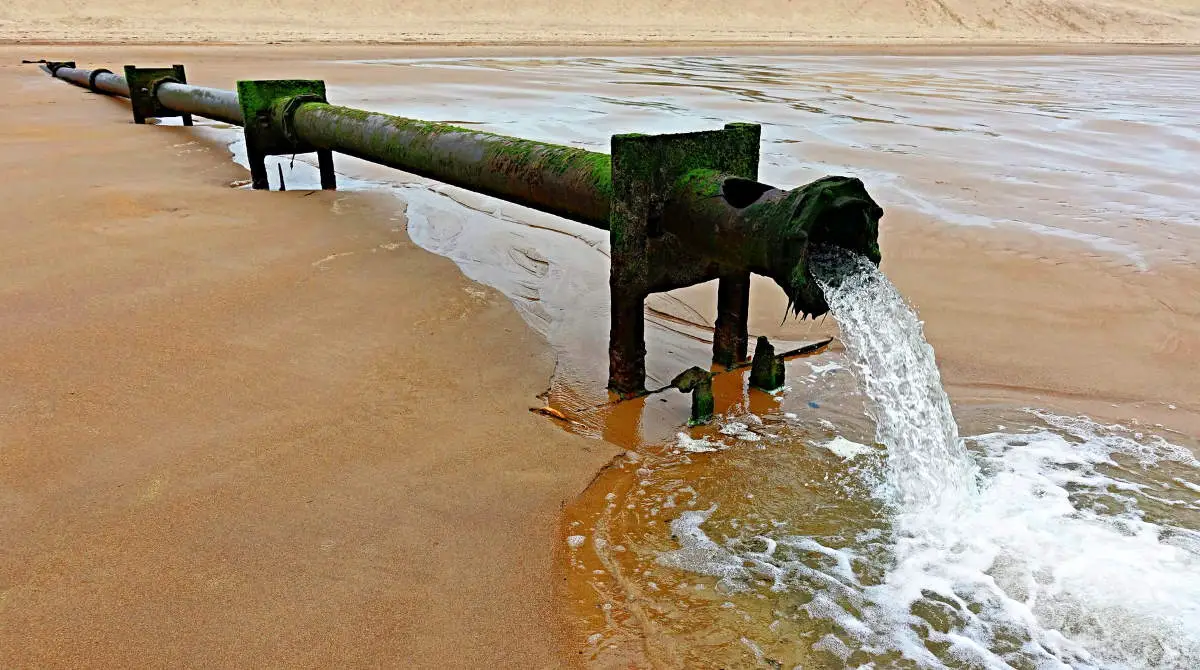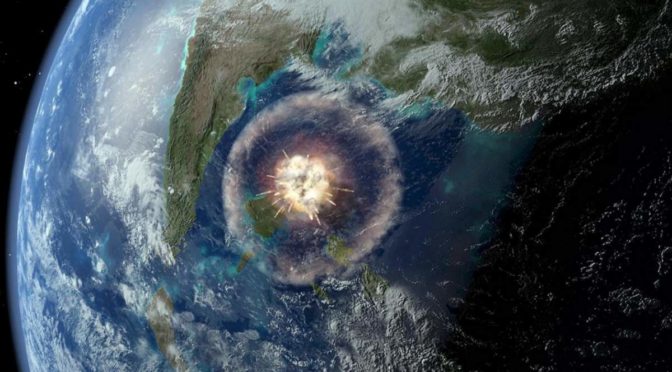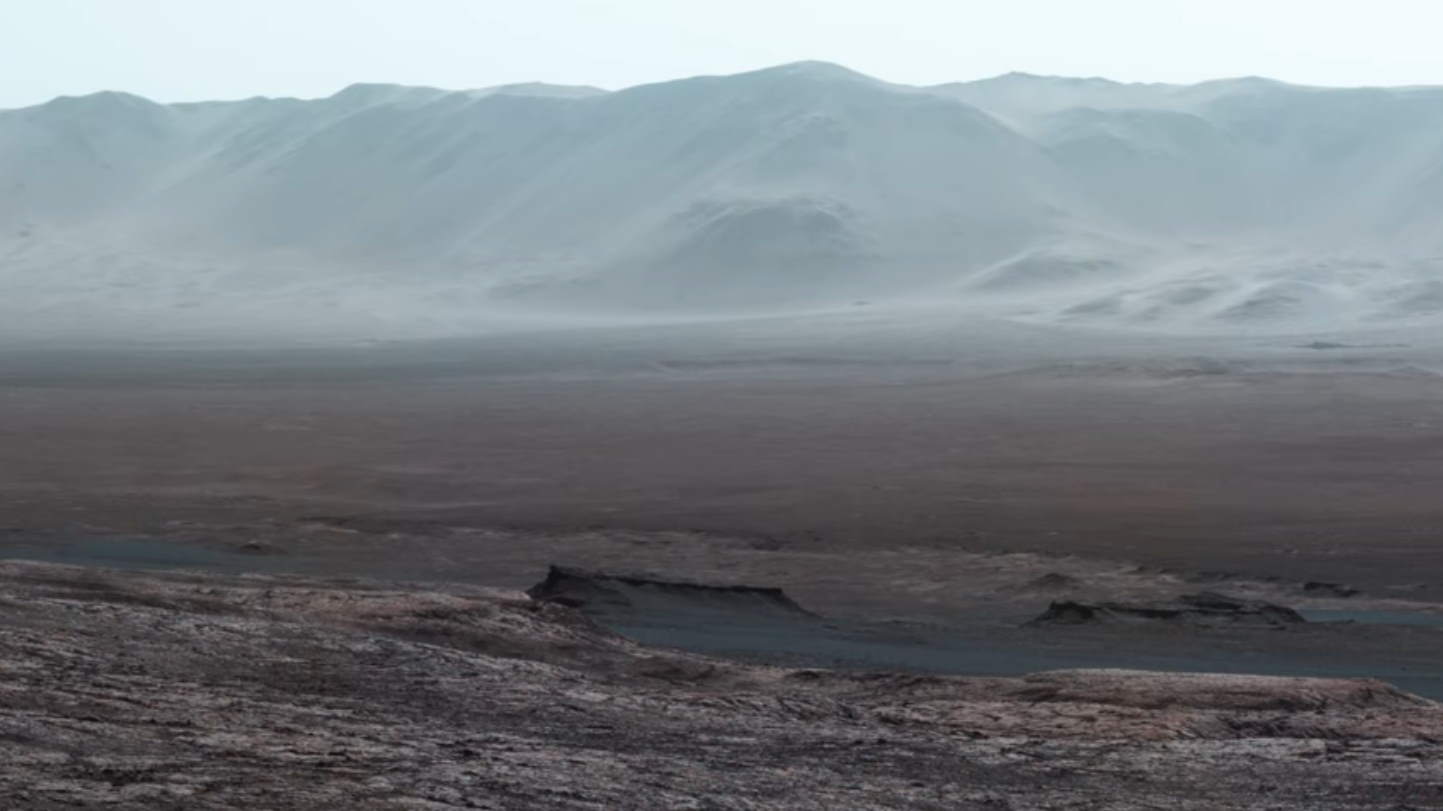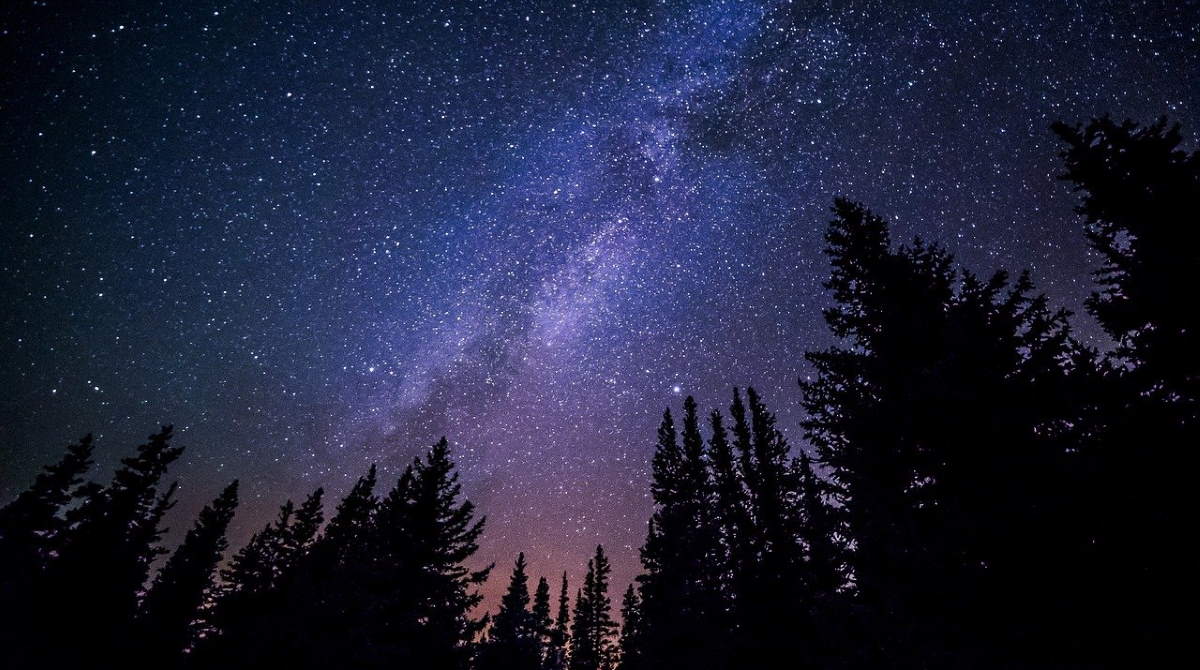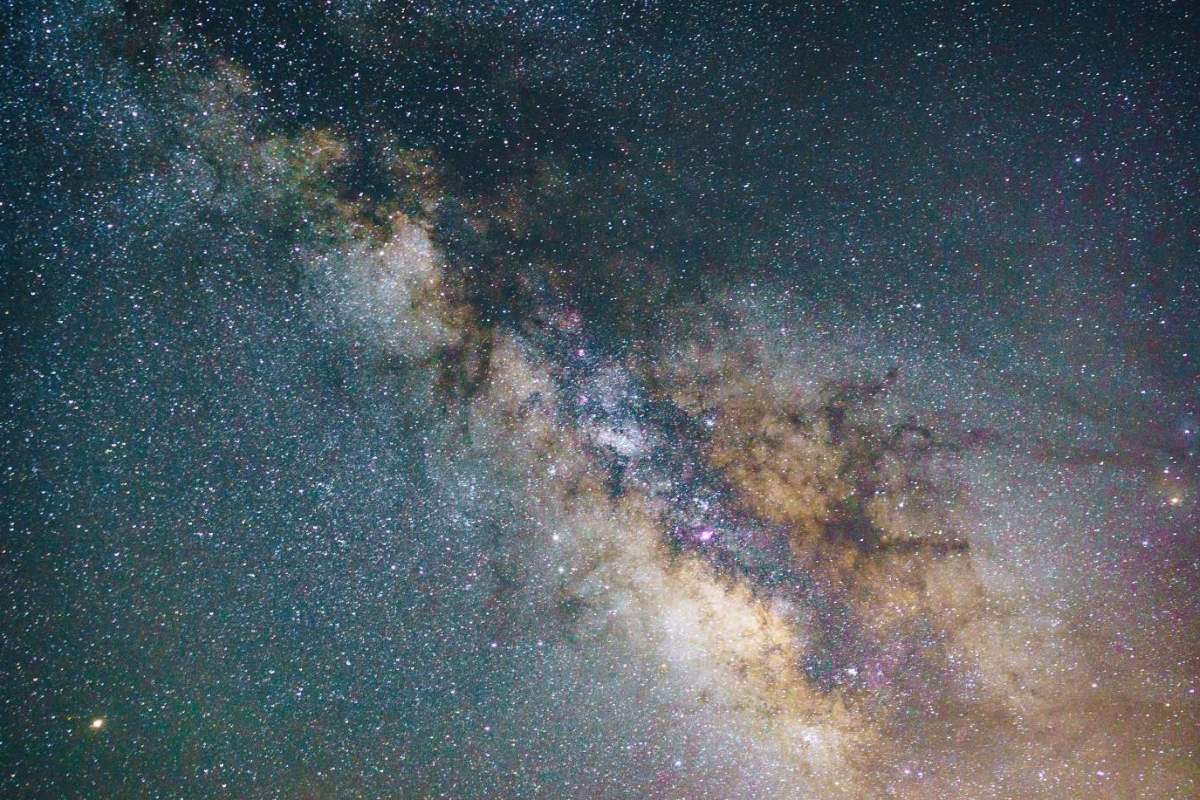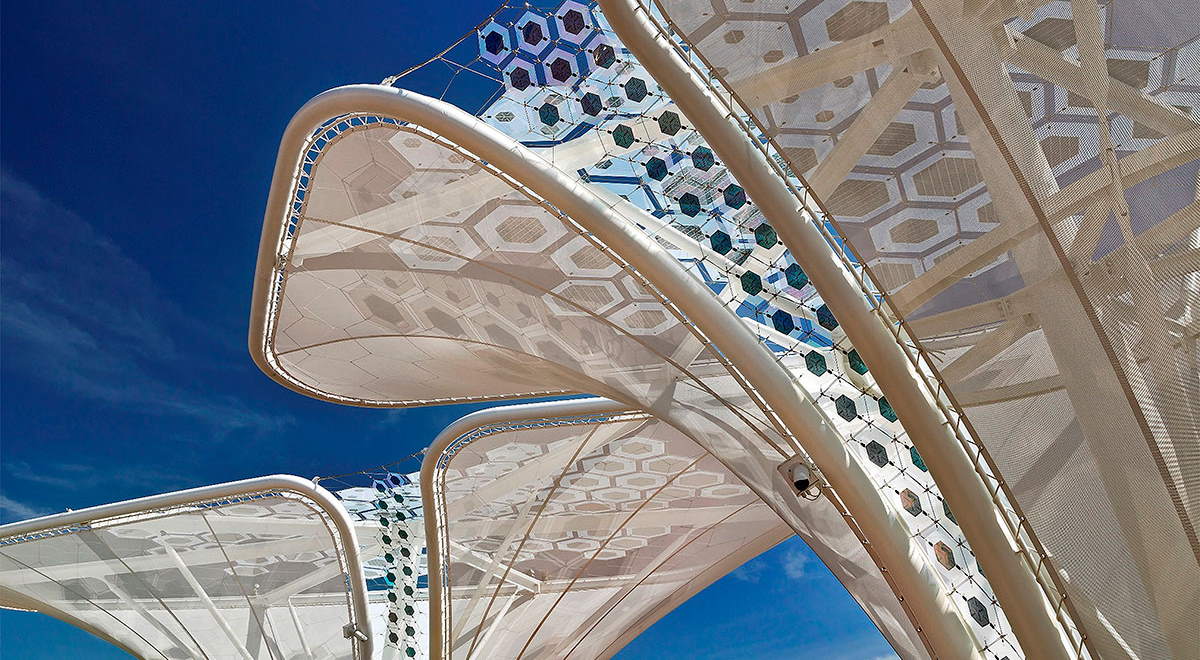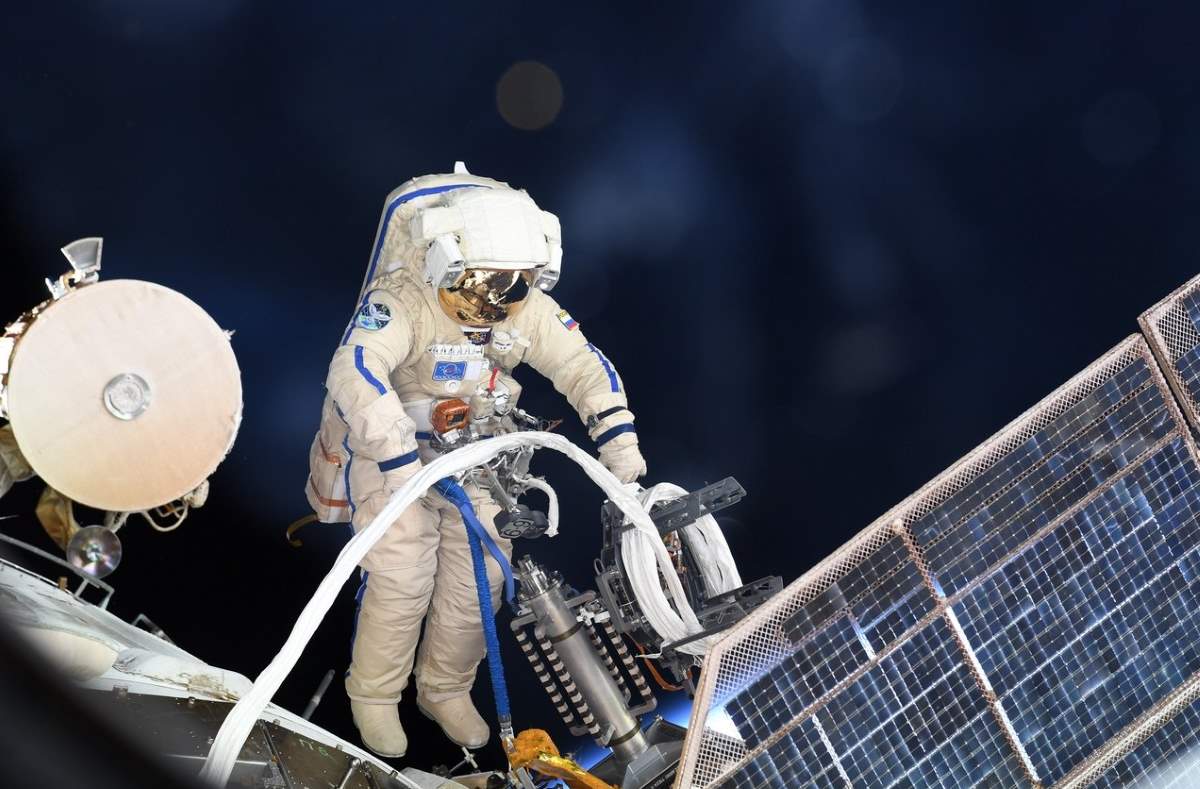On 12 April, the International Day of Human Space Flight commemorates the first human – Yuri Gagarin – traveling to space in 1961, and the inaugural Space Shuttle mission on the same day in 1981.
Since Gagarin, humans have flown to space hundreds of times, including six missions to the moon, and have maintained a permanent space presence onboard the orbiting International Space Station (ISS) since November 2000.
But now new challenges are on the horizon, including returning to the moon and possibly going to Mars. We spoke to the head of ESA about why humans should go to space, the value of robotic exploration, and what role Europe has to play in the future.
By Jonathan O’Callaghan
